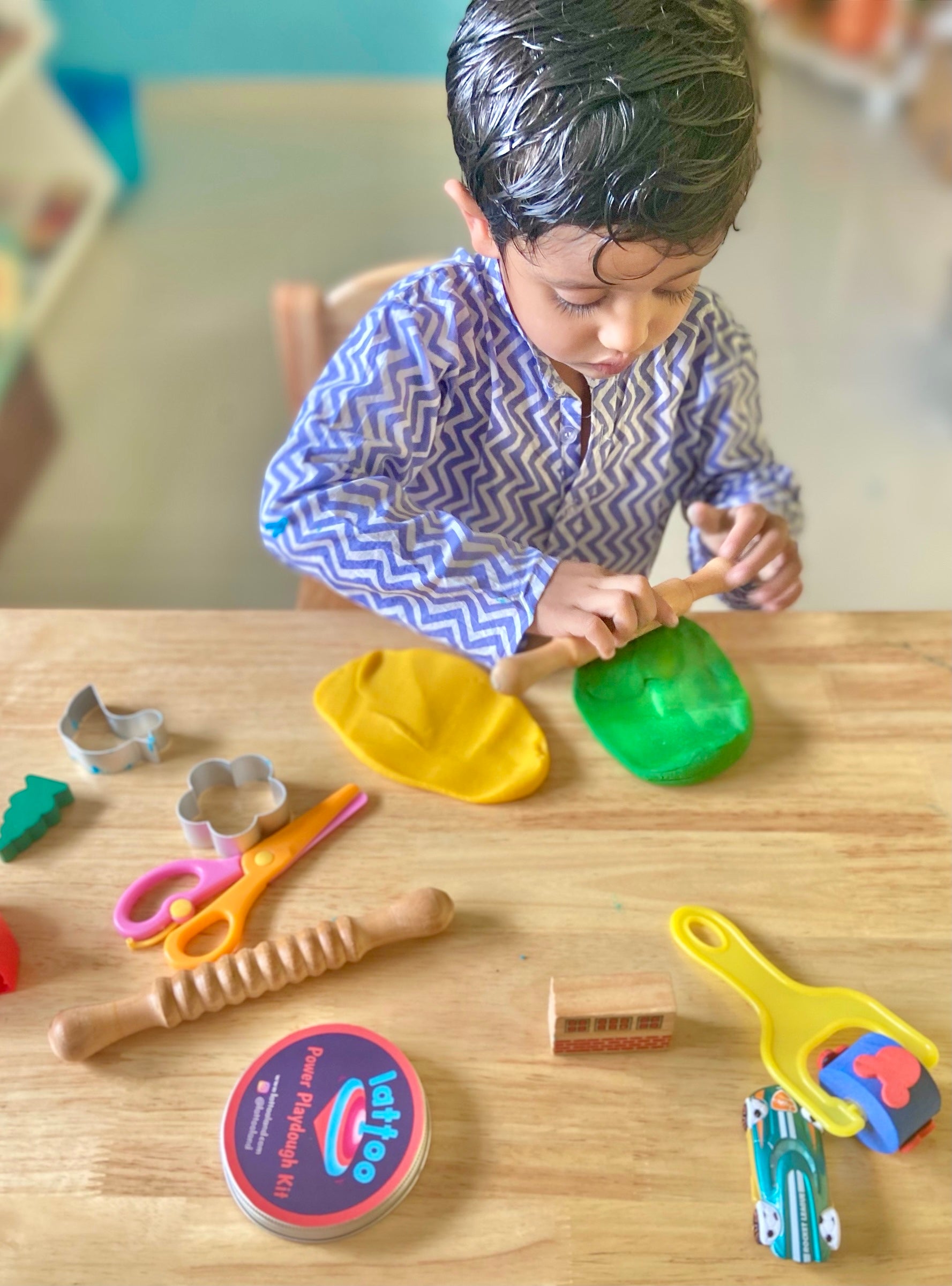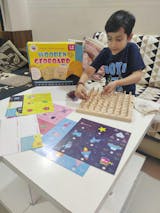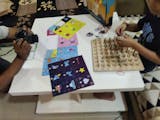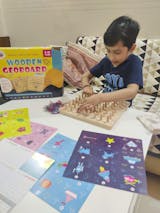Science of Sensory Play: How It Affects Brain Development
Sensory play is not just a fun and engaging activity for children; it also plays a crucial role in their brain development. Research has shown that sensory experiences have a direct impact on neural connections and cognitive growth in young minds. In this article, we will explore the fascinating science behind sensory play and delve into the ways it positively influences brain development in children.
-
Understanding Neural Connections: According to Dr. Carla Hannaford, a neurophysiologist and educator, sensory play helps to strengthen neural connections in the brain. In her book "Smart Moves: Why Learning Is Not All in Your Head," she explains that sensory stimulation triggers the release of neurotransmitters, which facilitate the formation of new connections between neurons. These connections, known as synapses, are the building blocks of learning and memory.
-
Enhancing Sensory Integration: Dr. Jean Ayres, an occupational therapist and pioneer in sensory integration theory, conducted extensive research on how sensory play affects brain development. In her book "Sensory Integration and the Child," she emphasized that sensory play provides children with opportunities to process and integrate sensory information effectively. This integration helps children to organize and make sense of the world around them, leading to improved attention, concentration, and overall cognitive abilities.
-
Promoting Brain Plasticity: Neuroplasticity refers to the brain's ability to reorganize and form new neural connections throughout life. Sensory play has been found to play a significant role in promoting brain plasticity, particularly during early childhood. In a study published in the journal Neural Plasticity, researchers explained that sensory experiences stimulate the release of neurotrophic factors, which support the growth and survival of neurons. This process enhances brain plasticity, allowing children to adapt, learn, and develop essential skills.
-
Language and Cognitive Development: Sensory play has a profound impact on language and cognitive development in children. Dr. Laura Berk, a renowned developmental psychologist, highlights in her book "Child Development" that sensory experiences activate multiple regions of the brain simultaneously. This activation strengthens neural connections and facilitates the integration of language, problem-solving, and critical thinking skills.
-
Emotional Regulation and Stress Reduction: Sensory play also plays a vital role in emotional regulation and stress reduction in children. According to a study published in the journal Frontiers in Psychology, sensory play activities, such as deep pressure touch, proprioceptive input, and tactile exploration, help to calm the nervous system and promote relaxation. This, in turn, supports emotional regulation and reduces stress and anxiety levels in children.
The science behind sensory play provides compelling evidence of its positive impact on brain development in children. By understanding how sensory experiences strengthen neural connections, enhance sensory integration, promote brain plasticity, and contribute to language and cognitive development, parents and educators can fully appreciate the value of sensory play in nurturing young minds. Incorporating sensory play into children's daily routines can provide them with rich and beneficial experiences that support their overall development and well-being.
















